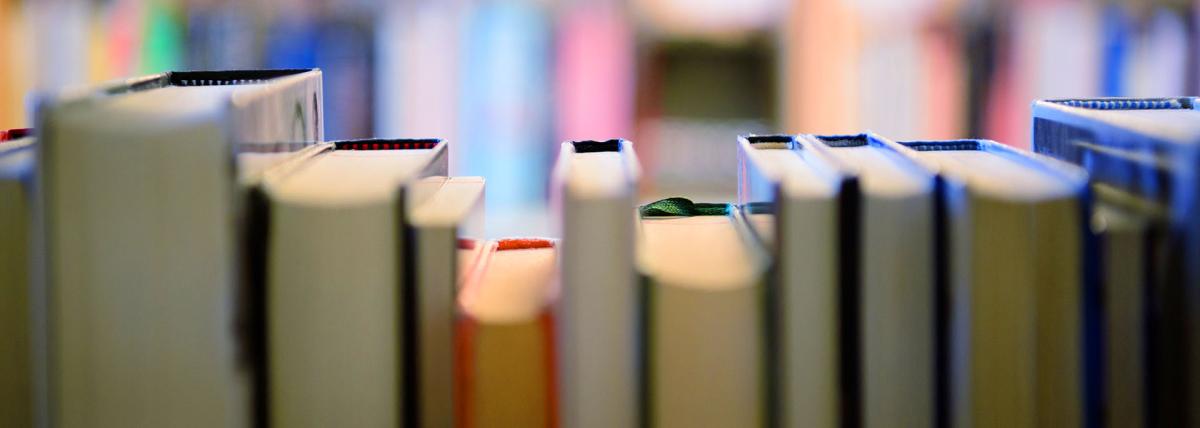
Featured
Makey Makey Storyboards
Grades:
Kindergarten, 1st Grade, 2nd Grade, 3rd Grade, 4th Grade, 5th Grade, 6th Grade, 7th Grade, 8th Grade, 9th Grade, 10th Grade, 11th Grade, 12th Grade
This lesson takes students through the process of creating an interactive storyboard using a Makey Makey circuit board. This lesson can be adjusted for any grade level with examples given in the 4th

Grades:
5th Grade
"Baozi" (steamed bun) is a traditional Chinese food commonly eaten as a breakfast or snack. It consists of a soft, fluffy dough filled with a variety of savory or sweet fillings. Popular fillings
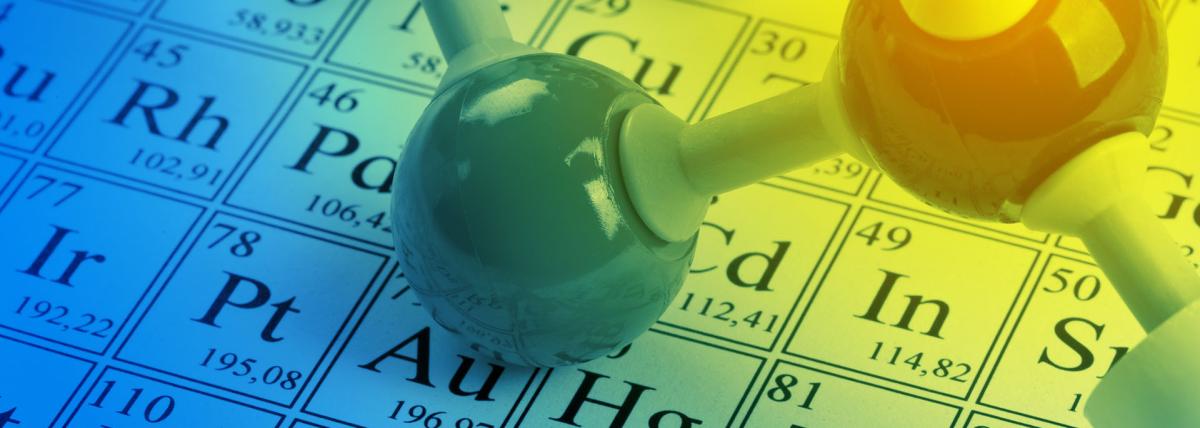
Grades:
8th Grade
Students will begin looking at how substances are made up of elements and use a model to show how atoms can arrange to make substances and then rearrange to make other substances. Students start by
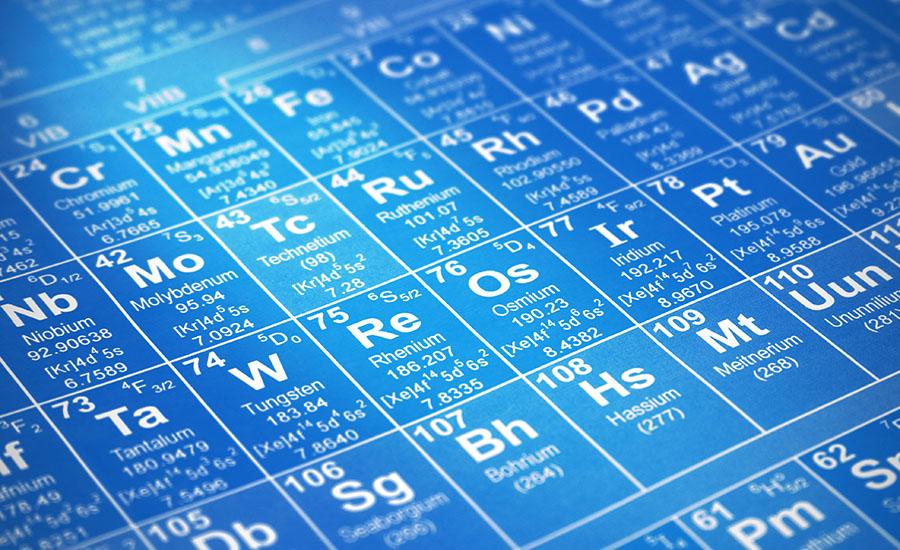
Grades:
5th Grade
In these lessons, you will be discussing a real phenomenon that has happened from the book Healer of the Water Monster by Brian Young. You will be reading a chapter book to discuss radioactive

Grades:
6th Grade, 7th Grade, 8th Grade, 9th Grade, 10th Grade, 11th Grade, 12th Grade
Are your students fans of Formula 1? If they are or aren't this lesson will take a look into the dominance of Red Bull Racing in Formula 1. Why is Red Bull so dominant? Is it the driver or the
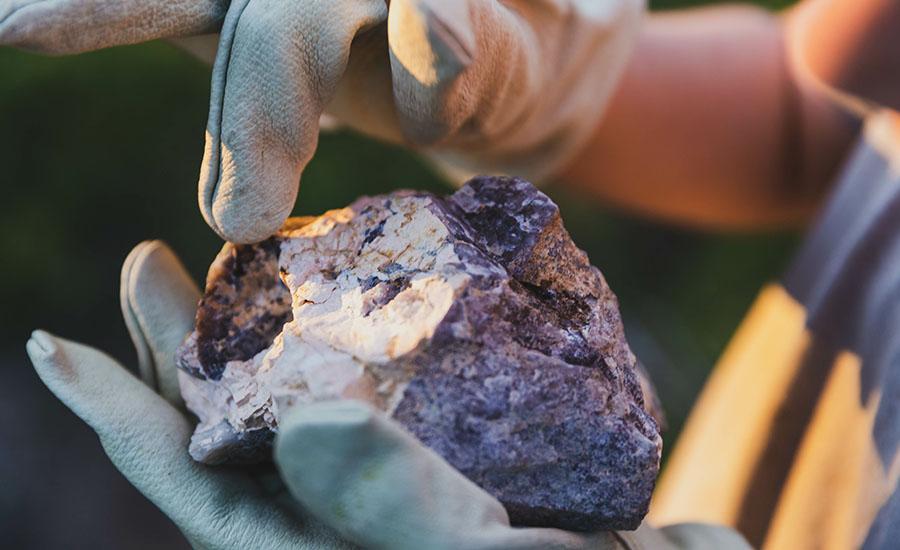
Grades:
3rd Grade, 4th Grade, 5th Grade, 6th Grade, 7th Grade, 8th Grade, 9th Grade
An overall view of mining, minerals, and their role in our everyday life. This lesson compares the past, present and future of mining and it's relativity to sustaining our way of life.
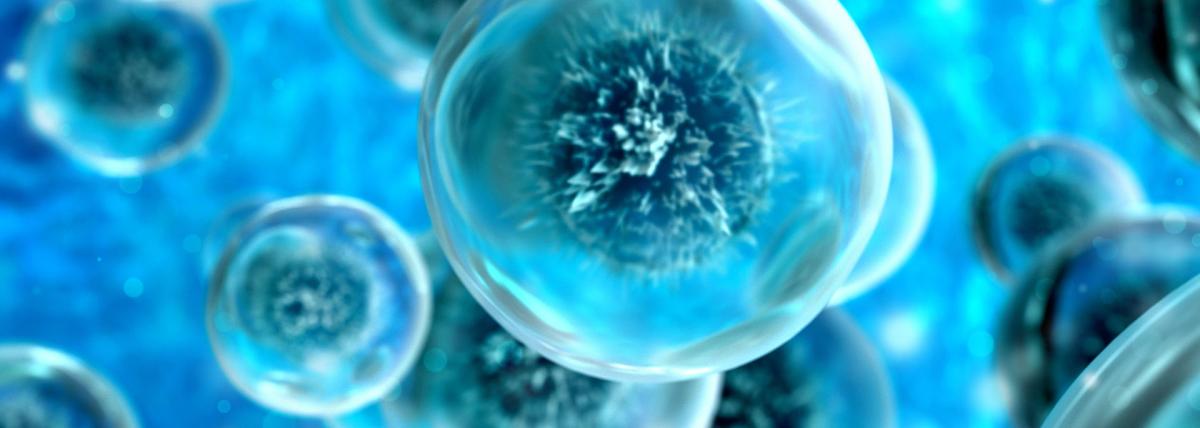
Grades:
4th Grade, 5th Grade
This lesson on nanotechnology for 4th and 5th graders introduces students to the concept of scale by exploring the incredibly small measurements used in nanotechnology. Through engaging activities

Grades:
Kindergarten, 1st Grade, 2nd Grade, 3rd Grade, 4th Grade, 5th Grade, 6th Grade, 7th Grade, 8th Grade
Most students are likely familiar with popular films like Happy Feet, Surf’s Up, Penguins of Madagascar, and classic books like Mr. Popper's Penguins. Capitalizing on this familiarity with penguins

Grades:
5th Grade, 6th Grade, 7th Grade
Students will use the principles invented by Bernoulli and Archimedes to learn about hot air balloons. Then students will create one out of tissue paper and test it!

Grades:
5th Grade
Students will explore the history and processes of using natural dyes, focusing on Sonoran desert flora. They will use examples from colonial times from colonists as well. They will investigate how
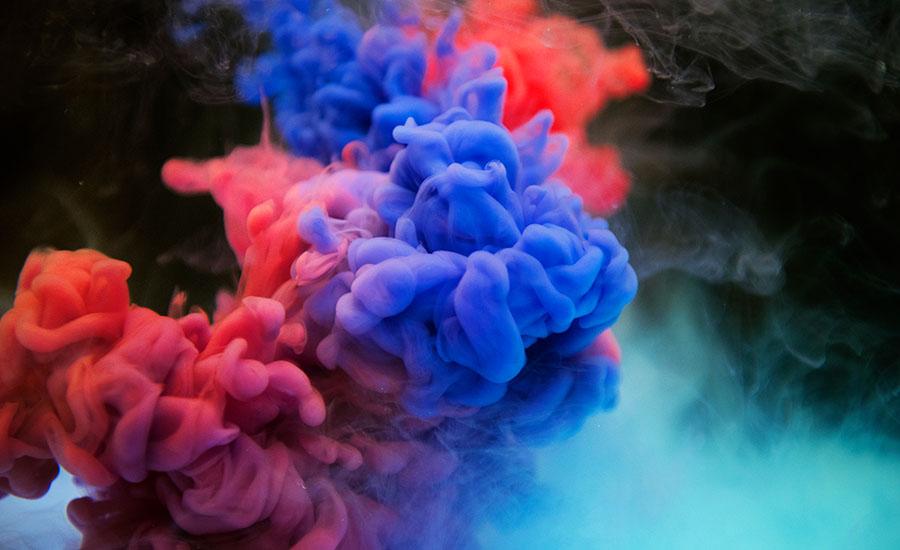
Grades:
8th Grade, 9th Grade
This is the second part of the lesson: Soap Lab - Soap Making. In this lesson, students will take what they learned about soap making and develop a marketing plan for their company. Students will

Grades:
8th Grade, 9th Grade
In this lesson, the phenomenon of soap making will be used to teach the chemical reactions and physical and chemical properties to middle school students.

Grades:
7th Grade, 8th Grade, 9th Grade, 10th Grade, 11th Grade, 12th Grade
This lesson is a whole unit on energy. It can be broken up into 10 separate lessons. I chose to put them all together so that it was easier to see how I organized them so you did not have to search

Grades:
8th Grade, 9th Grade, 10th Grade, 11th Grade, 12th Grade
A lesson that dives into the fusion of Art and Chemistry. Students will make their own pigments using common plants by using an acid-base reaction. They will test the effects of different solvents in

Grades:
8th Grade, 9th Grade, 10th Grade, 11th Grade, 12th Grade
A lesson designed for an engineering course but that can be used in a science course where we investigate the physics of waves and how it can be applied to the world of art. Students will design and

Grades:
5th Grade
Students will be creating a lego vehicle on Tinkercad and finding the volume of the vehicle using layering. They will be using standards 5.MD.C.3, 5.MD.C.4, and 5.P1U1.1. They will also explain how

Grades:
5th Grade
This lesson introduces a phenomenon to start a unit on the properties of matter. Students will plan and carry out a investigation of an unknown mixture and collect data. In doing so, they will begin

Grades:
5th Grade
Students will observe different changes in food and through research determine if the changes are physical or chemical in nature. The students will be able to determine the type of change taking place

Grades:
8th Grade
Students will explore the separation method of liquid chromatography by analyzing the types of dyes in marker brands. They will then get the opportunity to calculate the change in dye placement and

Grades:
7th Grade, 8th Grade, 9th Grade
I recently extended my lesson on my homesite lease, which involves land plots on the reservation. I covered the process of designing our land plot, including drawing elements such as homes, corrals
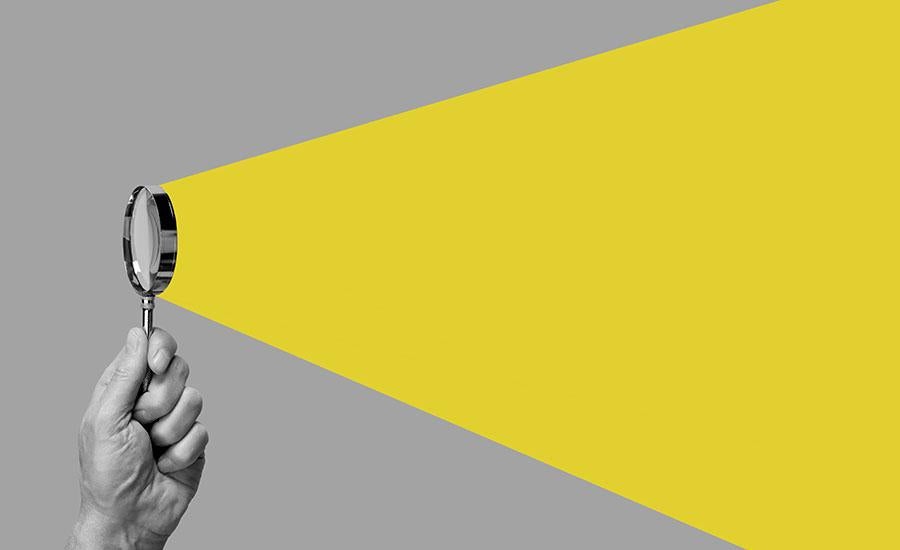
Grades:
5th Grade
In this exciting 5th grade science lesson, students will delve into the microscopic world using microscopes and explore the field of nanotechnology. The lesson begins with an engaging introduction to

Grades:
6th Grade, 7th Grade, 8th Grade
This is an introductory lesson to binary and circuits. In this lesson, students will learn about binary code, logic gates, and how circuits enable computers to process binary code. This lesson is

Grades:
7th Grade, 8th Grade, 9th Grade, 10th Grade, 11th Grade, 12th Grade
Want to incorporate the Arts into your 7-12 STEM classroom? The Global Science Opera provides a way to do just that! Learn how to facilitate a STEAM collaboration with arts teachers to make it happen.
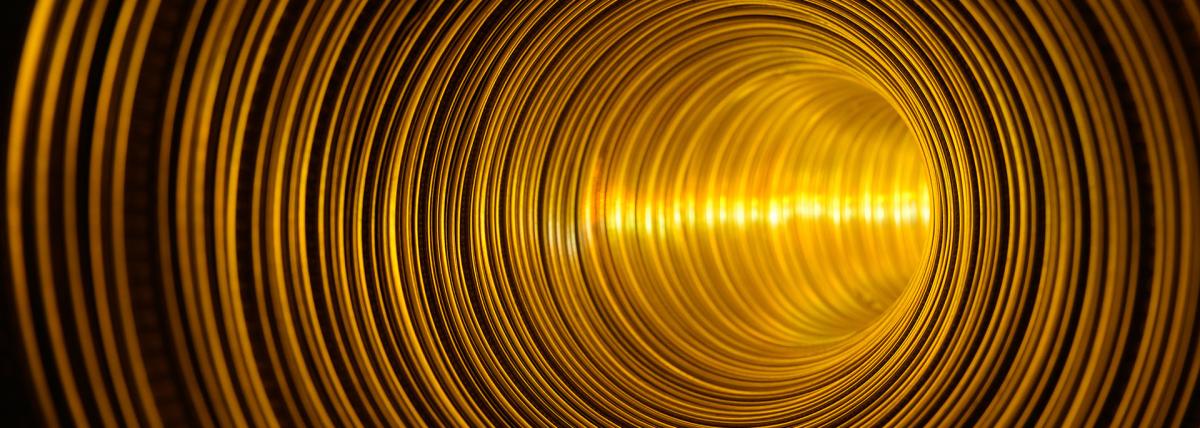
Grades:
8th Grade
This lesson covers three types of mechanical wave interactions- reflection, absorption, transmission. Students observe the interaction in a video or example, talk about what is happening as a class


